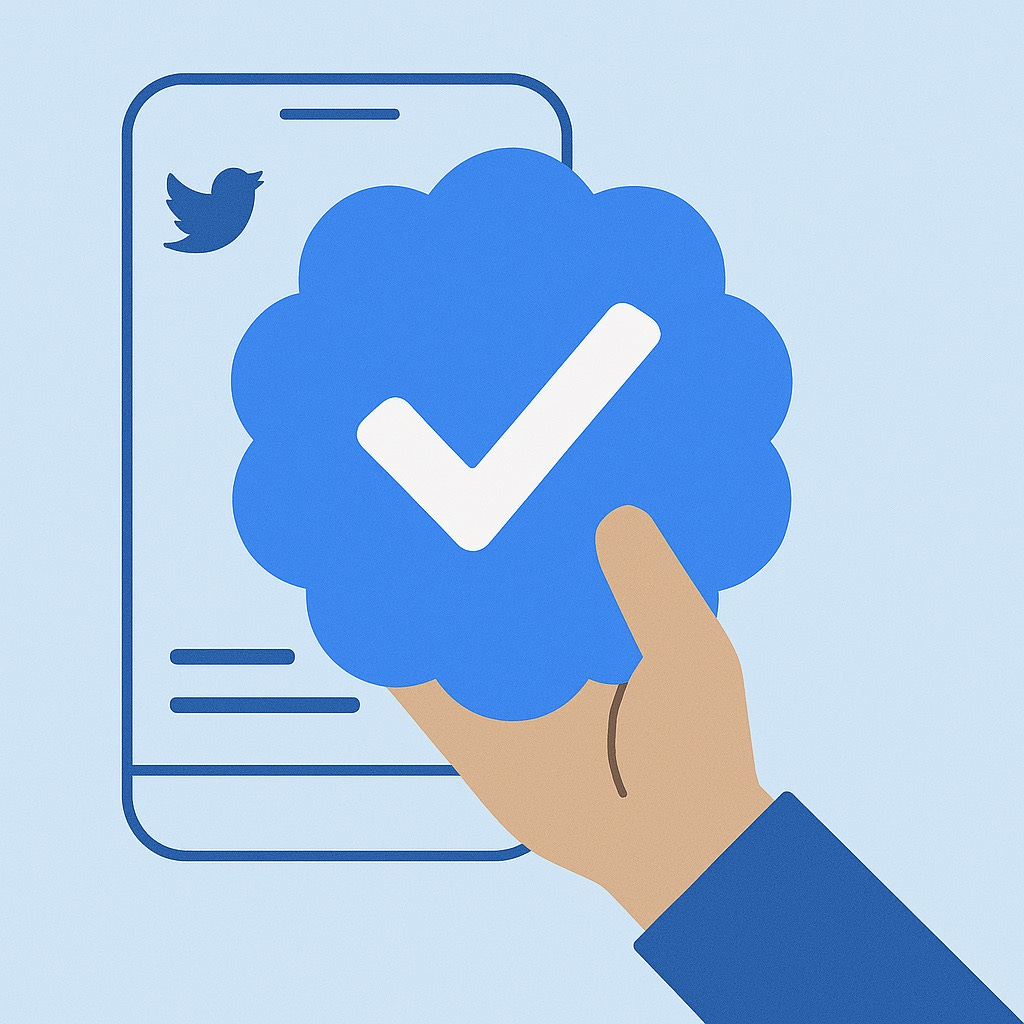How to do BlueSky verification right
Back in 2010, I was hosting events designed to bring celebrities onto Twitter to connect with their fans. As part of this process I would work together with folks at Twitter to verify new accounts that we would set up for celebrities.
Verification — the blue check mark — was Twitter’s solution to the problem of impersonation. But unfortunately, they didn’t have the resources to verify the identity of any Twitter user who wanted to prove who they were. So the blue check mark also became a status symbol because getting a blue check mark meant that you mattered enough to warrant Twitter’s protection from impersonation.
Since the blue check mark actually represented both status and verification, it became a battleground in the status game of social media.
When Elon Musk took over Twitter, he intentionally inverted the status game by allowing anyone to pay to get a blue check mark. It was a scorched earth strategy: let’s turn this thing you care about into something worthless.
Now that BlueSky is introducing blue check marks, I hope that the company does not fall into the same trap. They have already announced one significant difference from Twitter’s approach, which is that there are verified accounts and trusted organizations that have the ability to verify other accounts.
But the most important thing for BlueSky is to make sure they don’t entangle verification and status again. It’s tempting to entangle them on purpose, because status feels good. Using phrases like “notable and authentic accounts” is worrisome. But we now have the technology to verify people at scale (Uber does this, for example, with drivers), so BlueSky can choose to make verification available to anyone who wants it. If verification is something that any BlueSky user can opt into, then the blue check mark will never become a “blue eyes” status symbol — inviting the kind of outcomes we see in Jane Elliott’s famous Blue eyes / Brown eyes experiment.
It’s not clear to me if BlueSky’s self-verify feature offers the same blue check that their internal process provides. I went ahead and switched my username to a domain name just to see if I got a check mark — and I haven’t yet.
Verification without status would actually be a wonderful boon to social media: I am who I say I am, and I can prove it. So I hope that’s what BlueSky does.


That makes a lot of sense! I hope they do it that way, too. I think that's one of the reasons LinkedIn has taken off in popularity after the Xodus and Facebook departures. It's more likely - though not impossible - that people on LinkedIn are actual people, especially if they've been engaged for a long period of time. Great idea, though - identity verifification democratization online. I would love for social media as a whole to find a way to weed out bots/fake accounts, etc.